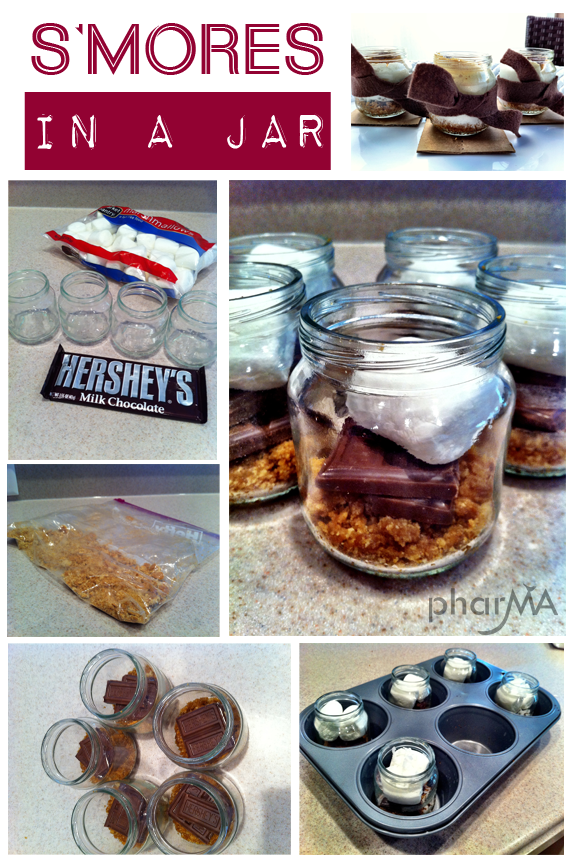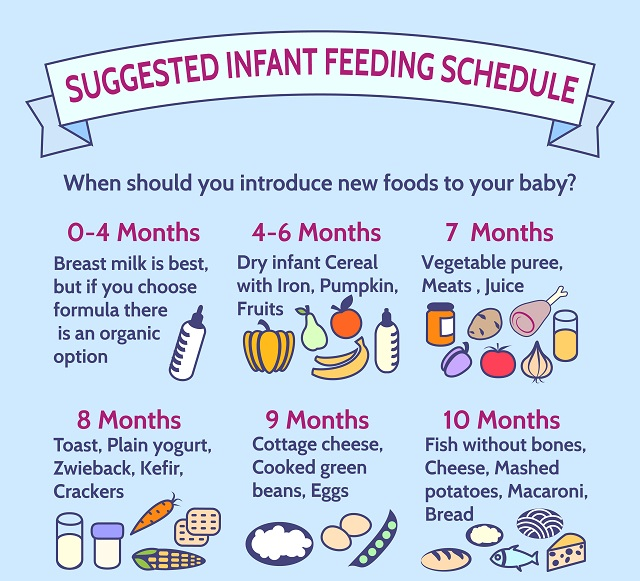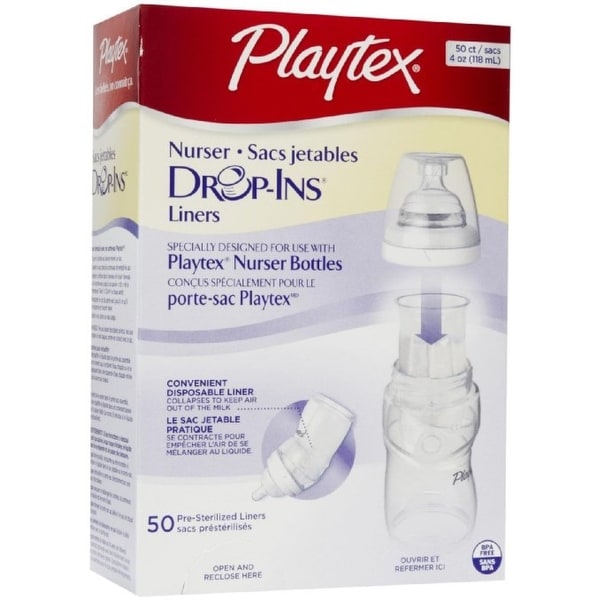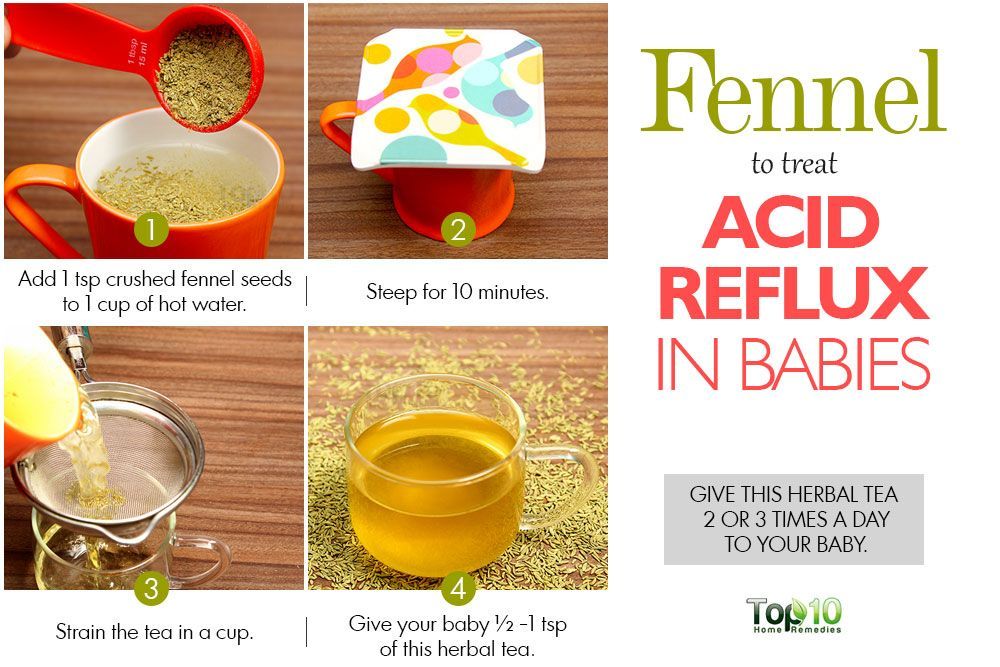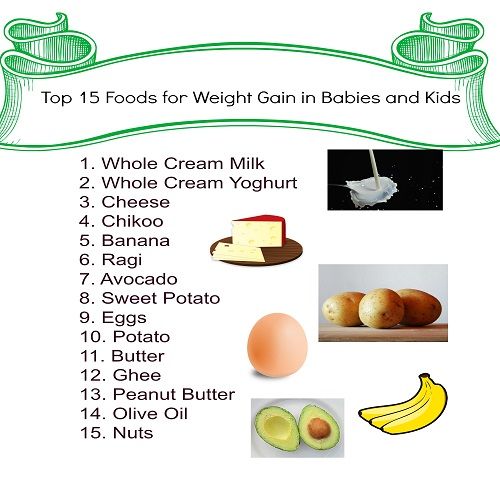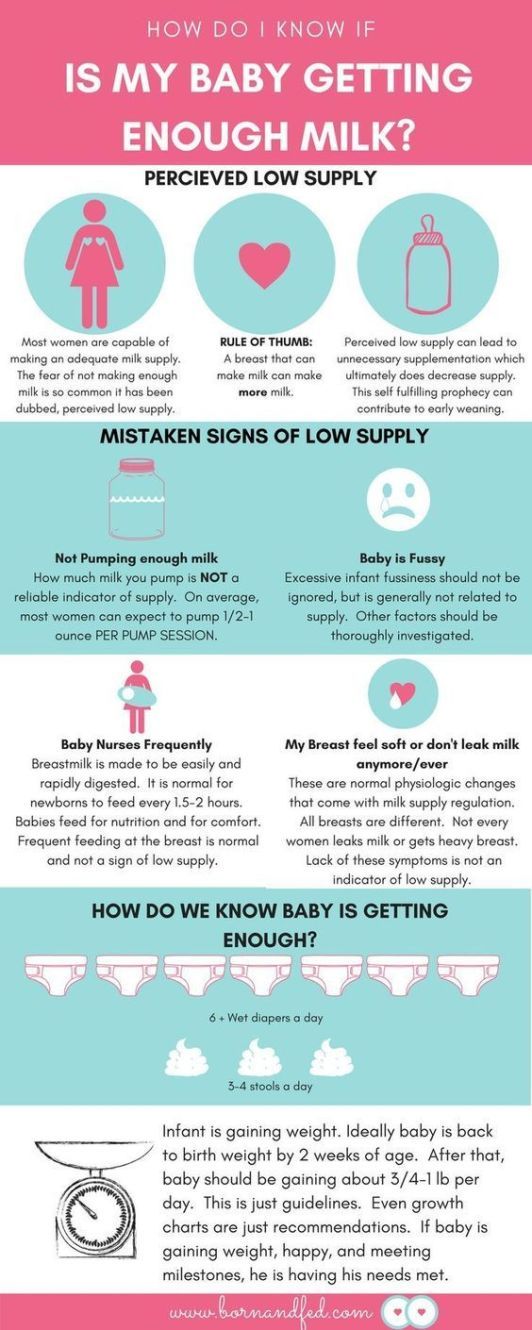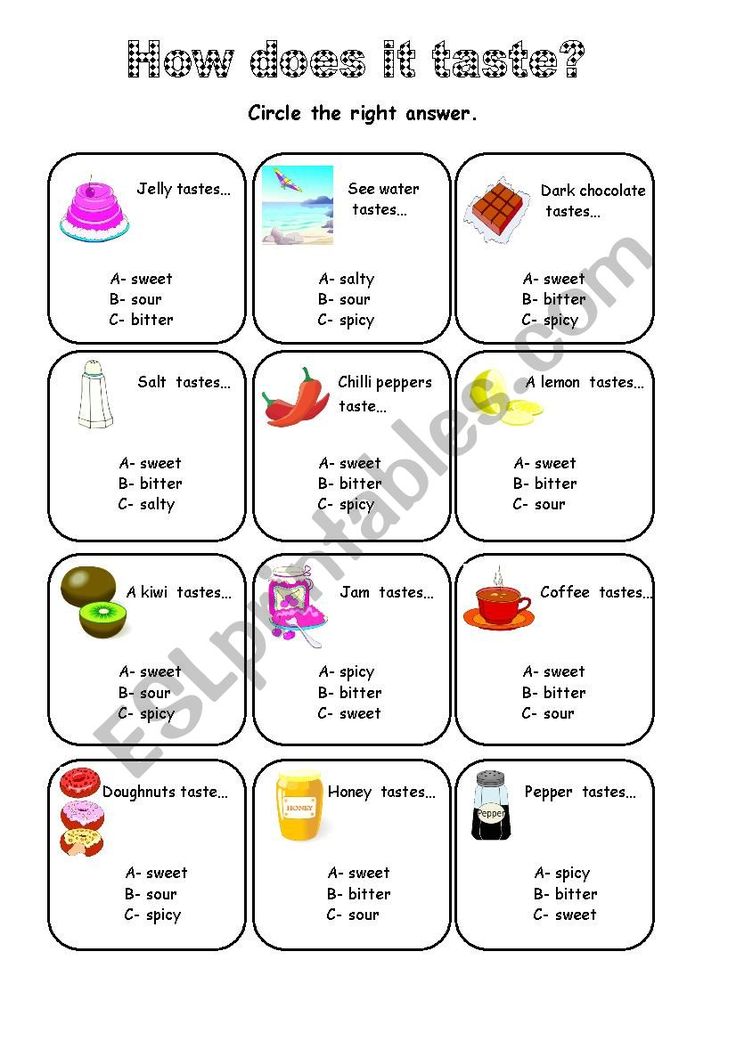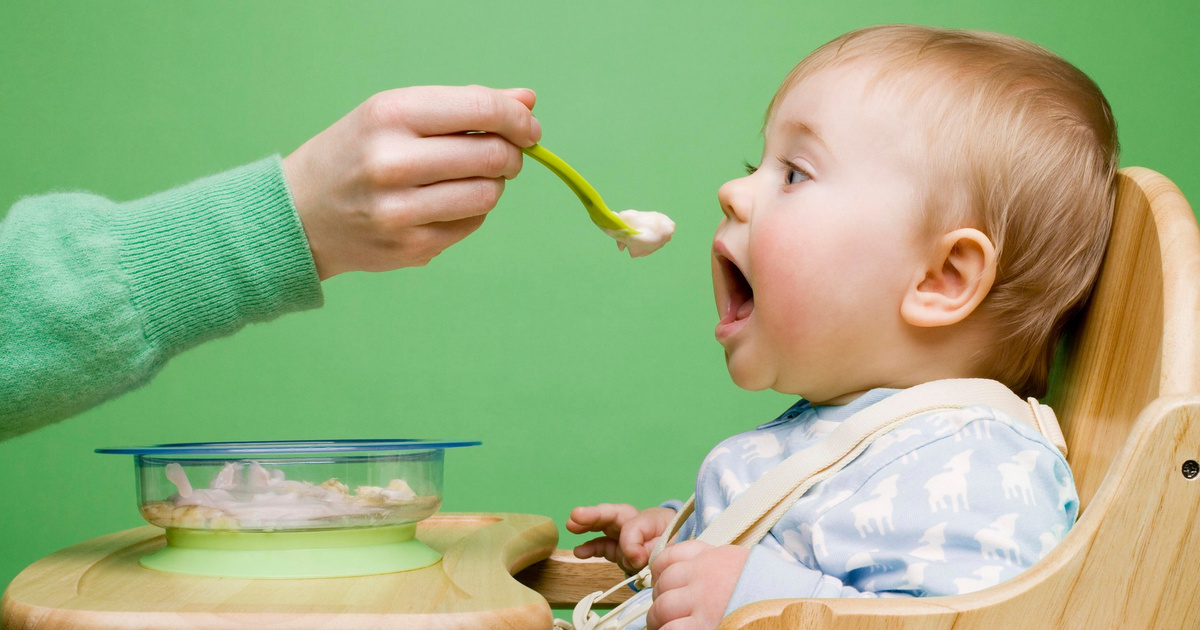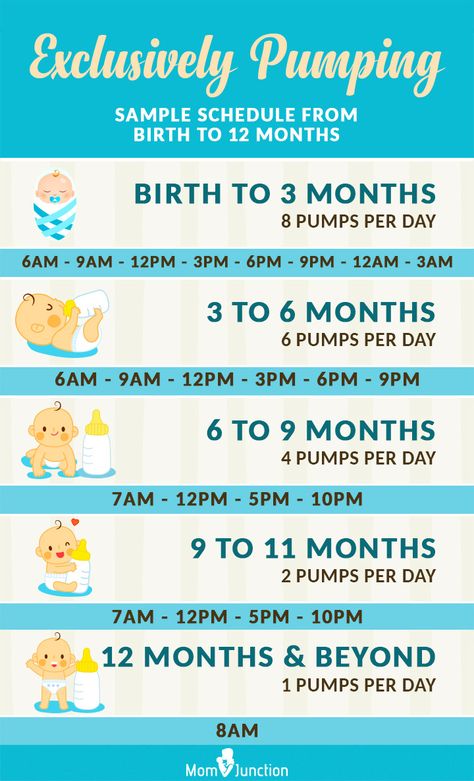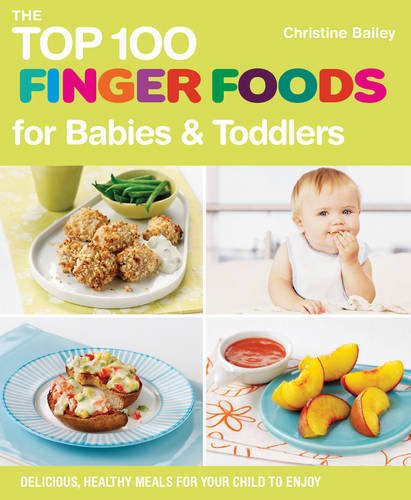Baby will only eat jar food
Is feeding your baby from a jar always a bad thing?
From the moment our babies are born, we mothers are perpetually wracked with guilt - are we holding them properly, are they getting enough sleep, is the air fresh enough for them? And so the anxious questioning of our abilities goes on until our tiny tots are well into adulthood.
But a new piece of research should gladden parents' hearts everywhere because there can't be many around who haven't turned to shop-bought baby food as a means of nourishing their growing children.
Sure, some would, ideally, only ever use homemade, but you can be guaranteed at some time or other they have guiltily fed their baby from a jar when realising that their homemade organic purée was languishing in the fridge, while they were miles from home.
However, according to the Universities of Aberdeen and Warwick, those who feed their babies with (good quality) shop-bought food need not hide the evidence anymore as the results of their recent comparison has shown that not only can the bought variety be as good as its homemade counterpart, in some cases it has proven to be actually better - providing more nutrition and less additives for growing babies.
Comparing the price, nutrient content and food group variety of 278 ready-made meals (most of which were organic) and 408 meals cooked at home using recipe books for babies and young children, researchers found a greater variety of vegetables in the shop-bought meals and worryingly found almost treble the level of saturated fat and salt in some home-cooked alternatives.
However, the study overall concluded that most homemade meals contained a very broad range of healthy ingredients and were of a very high nutrition value, but the study served to show parents that shop-bought meals should not be ruled out as they provide a very 'convenient alternative'.
Derval Petit is a first-time mum to Sean (7 months). Living in Dublin with her French husband, Laurent, the life and business coach agrees and says she regularly switches between home and shop varieties as, having studied the labels, she realised that many of the ready-made varieties were indeed high in nutritional content.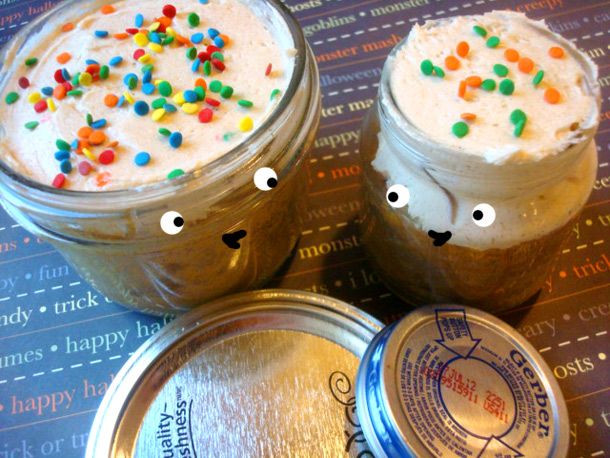
"When I first started Sean on solids, I didn't give him anything other than homemade," she admits. "But there came a time when, for practical reasons, I had to buy some food and I realised that a lot of the products out there are very good. I checked all the labelling and could see exactly what was added (and also what wasn't) and decided that I would have to trust that the manufacturers were telling the truth."
ExpandClose
Derval and her son Sean Petit
Derval and her son Sean PetitHer young son is thriving and Derval believes he has a very good diet, which she puts down to variety.
"When I realised that the organic baby food out there was as nutritious as what I was preparing at home, I decided to go with a combination of both," she says. "I purée lots of different fruits for him and make lots of homemade meals, but I also give him pre-prepared meals, which are often more adventurous than what I could cook and I believe that this is helping him to develop his palate and learn to try different foods.
"I purée lots of different fruits for him and make lots of homemade meals, but I also give him pre-prepared meals, which are often more adventurous than what I could cook and I believe that this is helping him to develop his palate and learn to try different foods.
Get the best home, property and gardening stories straight to your inbox every Saturday
Enter email address This field is required
"I did fret the first time I gave him shop-bought food - but as I said to my mum, the companies have done the research and wouldn't be able to claim their products were healthy if they weren't. Studies like this one reduce the guilt and make life that bit easier."
Laura Haugh of mummypages.ie says many mothers in their online community use a combination of homemade and shop-bought baby food.
"Introducing your baby to solid food can be a daunting process and many of our MummyPages mums tend to combine off-the-shelf baby food solutions with some of their own home-cooking and this is down to leading busy lives or not having the confidence to create a recipe which has all the major food groups their baby should be getting."
But director of Safefood, Dr Cliodhna Foley-Nolan, says parents should concentrate on providing homemade food and only use ready-made occasionally.
"Ready-made meals should be the exception ideally and use of recipes and advice from reputable non-commercial sources is the way to go," she advises. "Then by using a freezer and a bit of planning, busy lives can be made a bit easier.
"So, while ready-made shop-bought baby foods can be useful when travelling or eating away from home, try not to rely on these foods every day. When you do need to use them, choose savoury meals rather than desserts or puddings as these can be high in sugar.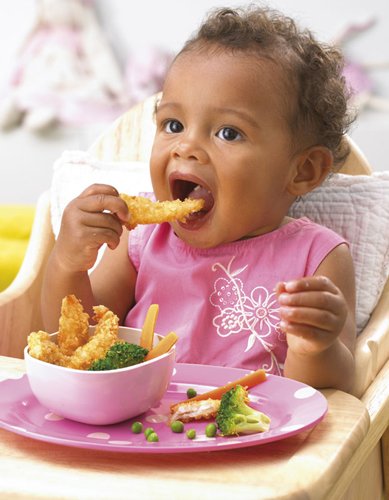 And it is important for parents to check the levels of sugar, fat (saturated fat) and salt."
And it is important for parents to check the levels of sugar, fat (saturated fat) and salt."
Dr Foley Nolan believes the report from Aberdeen and Warwick Universities does not actually condemn homemade food but in fact points the finger of blame on recipe books designed for babies - so she would encourage parents to continue making their own food but to ensure they are including all the important food groups.
"The UK report doesn't actually compare ready-made meals with home-cooked baby food," she says. "The researchers compare 408 home cooked meals, made using recipes from 55 cookbooks for babies and toddlers. While this may be a useful resource to some, it has not established what percentage of parents use these cookbooks or how often they would cook these recipes. We could conclude that this study questions the value of baby recipe books and not of homemade foods.
"Also, the report actually states that home-cooked meals had a greater variety of nutrients, in all, and were more likely to include fish. So parents can be in control of the foods that they cook for their children by ensuring they access reliable resources to guide them in the weaning and feeding process."
So parents can be in control of the foods that they cook for their children by ensuring they access reliable resources to guide them in the weaning and feeding process."
Weaning tips
• It's best to start on bland foods such as baby rice.
• The food should be of a runny consistency.
• Remember your baby has been used to just drinking milk up to that point so it will take time for baby to get used to the concept of food.
• Puréed root vegetables such as carrot and parsnip are also popular with babies as are puréed cooked fruits such as apple and pear.
safefood.eu/Healthy-Eating/Food-Diet/Life-Stages/Weaning.aspx
What to Do When Baby Won't Eat Solids: 7 Simple Steps
When your baby won’t eat solids, it can be stressful. Learn why your baby is refusing food and how to get them to eat solid foods with 7 simple steps!
The spoon hits the floor.
Your baby makes a nasty face.
They might even shudder or gag.
All from a bite, or an attempt to feed your baby solid foods.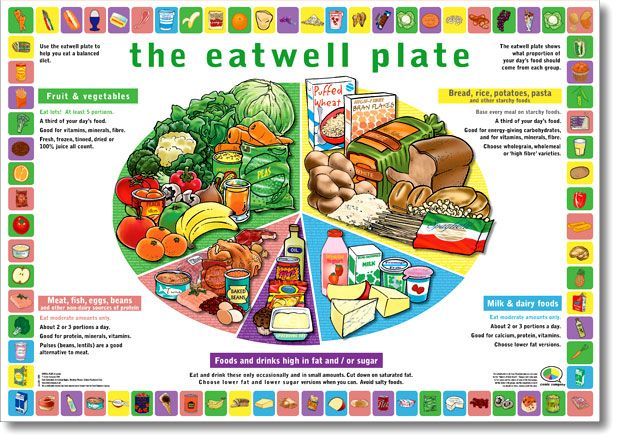 It’s totally unexpected when babies respond with such disdain for baby food or table food. As parents, we’re often excited about this new milestone and it’s shocking when your baby won’t eat solids.
It’s totally unexpected when babies respond with such disdain for baby food or table food. As parents, we’re often excited about this new milestone and it’s shocking when your baby won’t eat solids.
In real life though, it’s quite common for babies to gag on solids, seem uninterested, and outright refuse food.
While knowing it’s “normal” for babies to not seem interested in solid foods, even though everyone else’s baby seems to be gulping it down by the jar full, it still leaves the question, “How do you get a baby to eat solids?”
Well, I happen to know a thing or two about that. First, because I’ve personally helped a lot of families get their babies eating solids as a pediatric occupational therapist with over a decade of experience, but also because I’ve been there with my own son…
Going through it as a mom was a whole different ball game.
Of course, I knew that it was normal for babies to refuse baby food when it was first introduced, and I also knew that some babies didn’t much prefer baby food, but my Momma heart was worried.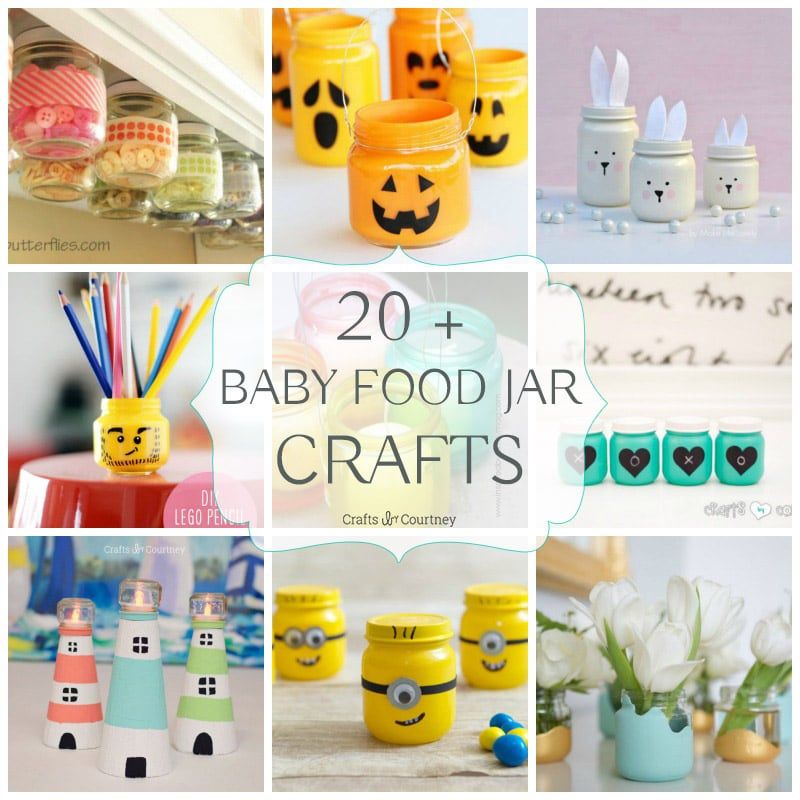 The worrying got worse when I watched my son act like he could’ve cared less about the delicious homemade sweet potatoes that I whipped up, as he turned his face away and threw the spoon across the room.
The worrying got worse when I watched my son act like he could’ve cared less about the delicious homemade sweet potatoes that I whipped up, as he turned his face away and threw the spoon across the room.
Meal after meal.
Day after day.
And, week after week.
With each passing day that he refused to eat solids, I got more worried, and more frustrated as I’d watch the food I’d prepared literally go down the drain. There came a point when I knew I needed to do more, to put some of my OT skills to use in my home, and that’s what I’m going to share with you here, because I know how stressful it is when your sweet adorable little baby won’t eat solids.
By the end of this guide, you’ll know :
-
- Why your baby is refusing solids
- Why they used to eat solids, but don’t anymore
- How to get them to eat solids and table foods
- Ways to get them more help (if you need it)
*Keep a look out for the free printable at the end too, if your baby is struggling with table foods!
Affiliate links used below.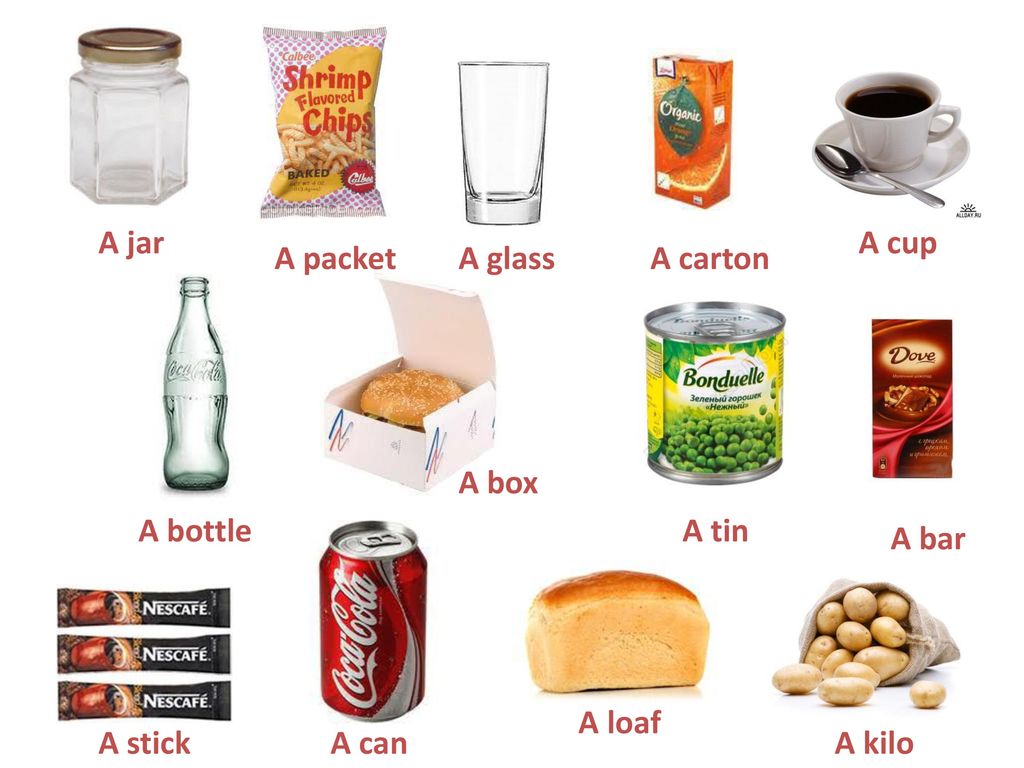 See our full disclosure.
See our full disclosure.
Why Your Baby Won’t Eat Solids
There are a lot of factors that can actually play a role in any baby’s refusal to eat solid food. We’re going to walk through each of them below, but know that the reason your baby isn’t eating solids could be any one or combination of them. With a little detective work, you’ll figure it out!
Also, age has a little do with it, and will help you hone in on what’s going on.
6 or 7 Month Olds That Refuse Solids:
-
- Baby isn’t ready yet – 6 months of age is the perfect time to introduce baby to solid foods, but sometimes the baby isn’t ready. Actually, this is really common when the baby is closer to 4 and 5 months old if you’re starting a little earlier, but is still totally normal at 6 months of age.
Babies are still learning how to move their tongue and bring toys to their mouth, which helps them get used to having foreign objects in there.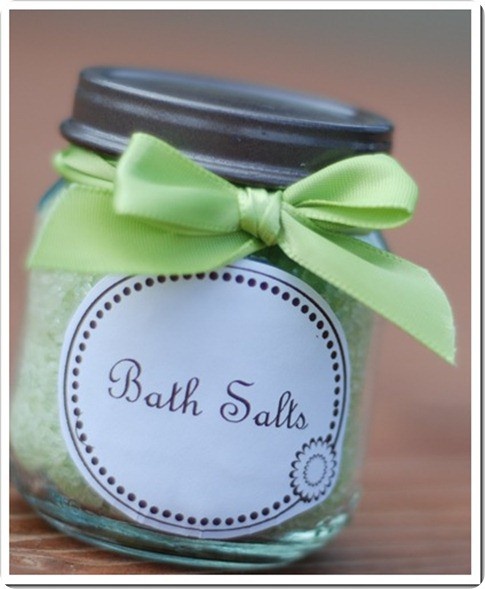 Each baby is unique and yours may just need some practice if they are in this age range.
Each baby is unique and yours may just need some practice if they are in this age range.
They also may still be developing good trunk and head control, without it, eating is difficult!
Check out the American Academy of Pediatrics recommendations for introducing food and make sure your baby is ready for solids. You can also find my guide to Introducing Solids with more details on milestones to look for when 6 months old.
-
- A strong tongue thrust reflex – Most babies usually lose this reflex that helps them not choke if something accidentally gets into their mouth around 4-6 months, but it may linger for some.
If you notice that your baby still thrusts their tongue out every time you touch the spoon to their lips, they may need a little more time. It’s really hard for them to eat when they keep shoving their tongue out of their mouth!
-
- Doesn’t like the way food feels – Solid food is something so new and unfamiliar to babies, it can take a while for them to get used to the new texture in their mouth.
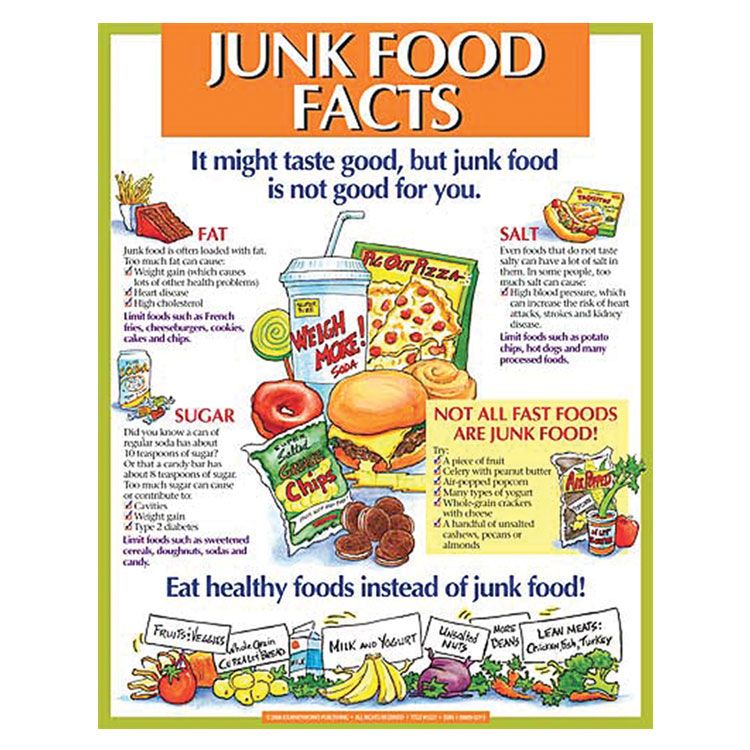 Many babies do in fact get used to the feeling of solids, but some don’t.
Many babies do in fact get used to the feeling of solids, but some don’t.
- Doesn’t like the way food feels – Solid food is something so new and unfamiliar to babies, it can take a while for them to get used to the new texture in their mouth.
Read more about that below under sensory.
8, 9, or 10 Month Olds That Refuse Solids:
-
- Sensory – By 8 months of age, most babies are ready from a developmental standpoint, and at this age, it’s definitely time to get the ball rolling, but some babies (like my son) still refuse. One of the most common reasons why older babies still won’t eat solids is because they don’t like the texture.
This boils down to the way their brains are thinking about (or processing) the sensory input they feel (aka the food in their mouth).
This isn’t a bad thing and doesn’t necessarily mean they have any kind of diagnosis, but it does mean we need to take some extra steps to help them tolerate the texture of food better. You can head to sensory issues with food to learn more.
Babies that are sensitive to different textures usually gag immediately at the sight, touch, or taste of food.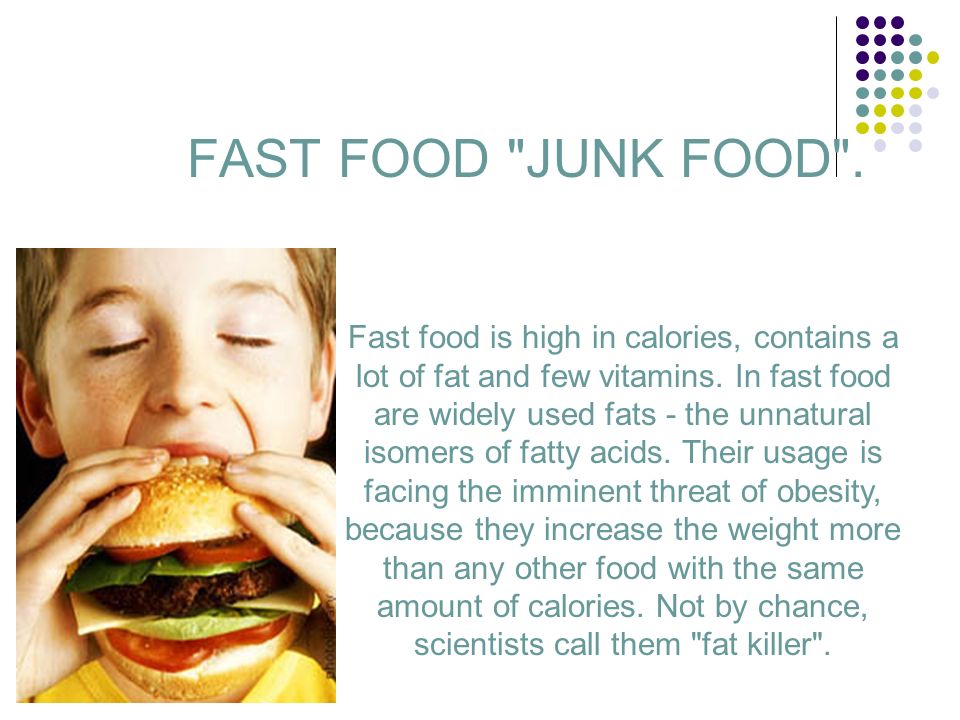
-
- Coordination – Eating actually requires a lot of muscle coordination from opening the mouth, pulling food off of a spoon, closing the mouth, and effectively swallowing.
We take this for granted and don’t even think about it, but for some babies, it just isn’t coming natural.
Babies that are having difficulty with coordination, or oral motor skills (find exercises with that link,) usually gag when trying to swallow or after getting the food into their mouth.
Or, the food may fall out frequently, and babies won’t eat solids because they just don’t know how. When they don’t know how to eat, it isn’t that fun, and there isn’t a lot of interest.
If gagging is something you’re concerned about or is happening often, read more in guide on baby gagging.
-
- Food allergies – Believe it or not, sometimes babies will avoid certain types of foods because they’ve associated an upset tummy with the yogurt or cheese for example.
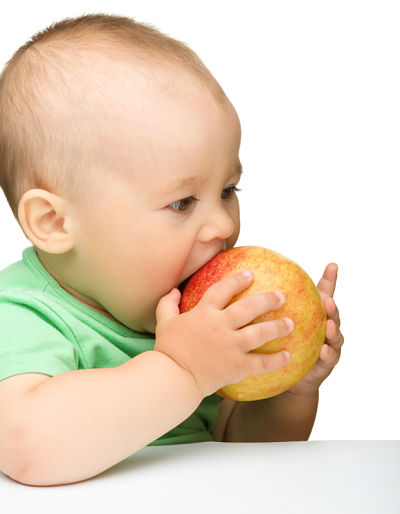 It doesn’t happen all the time, but it’s something to consider, especially when it’s very specific allergenic food.
It doesn’t happen all the time, but it’s something to consider, especially when it’s very specific allergenic food.
- Food allergies – Believe it or not, sometimes babies will avoid certain types of foods because they’ve associated an upset tummy with the yogurt or cheese for example.
The most common types of food allergens are dairy, egg, soy, wheat, tree nut, peanut, fish, and shellfish. Severe eczema is another indicator that food allergies might be present.
Sometimes, signs become more obvious when cow’s milk is introduced.
-
- Not into baby food – While this is probably the least likely reason your baby is refusing solids, it is possible.
If you’ve consistently offered baby food or infant cereal with no interest from your baby and you don’t see any of the sensory or coordination signs we talked about above, then you might just might want to move on to table and finger foods.
One way to do that is using a Baby Led Weaning approach, before you do that though read my BLW pros and cons.
*Get a seat in my free workshop and learn 5 big feeding mistakes that might be stopping your child from learning to eat. We’ll send you a free workbook too!
We’ll send you a free workbook too!
Why Baby Won’t Eat Solids Anymore (They Used to?)
-
- Some teething babies won’t eat – While it’s not as common, some babies start off eating baby food and then suddenly stop. A frequent cause of this is teething, and some babies teethe for a very. long. time. If your baby’s teeth are swollen, red, and seem to hurt, then this is likely the cause.
Try putting some teething gel on their gums 15-20 minutes before a meal. If you see an improvement, this is likely the culprit. Here’s a natural teething gel I like, but check with your doctor first.
-
- Going through a phase – Babies may get a little bug or slight cold that we aren’t even aware of or have some negative experience with food that seemed too minor to us as the parent, but makes them leery of eating.
If it’s the latter, some sensory sensitivities can develop if a baby goes for a while without eating any food. If this is the case for your baby, you’ll want to follow the steps below and focus on not pressuring your baby to eat. It’s really important that mealtimes are a positive experience.
If this is the case for your baby, you’ll want to follow the steps below and focus on not pressuring your baby to eat. It’s really important that mealtimes are a positive experience.
-
- They’ve outgrown baby food – If your baby is later in their 7th month or older, they may just be sick of solid baby food and ready for the real deal table and finger foods. That may mean it’s time to change up baby’s diet!
I know that seems scary and makes some parents nervous. Don’t worry though, if you think this is why your baby suddenly won’t eat solids anymore, then head to how to transition to table foods.
How to Get Your Baby to Eat Solids
1. The absolute first thing I do with a baby not eating solids is to put a scoop of baby food or some other pureed food like yogurt onto the tray of their high chair.
I know, the mess. It’s soooo important for babies to get messy though! If you’re skeptical, you’ve got to read: Why Babies Should Get Messy Eating. It will totally change your perspective and give you the inspiration to embrace the mess.
It will totally change your perspective and give you the inspiration to embrace the mess.
2. Encourage your baby to touch the food, but don’t force. Be silly and keep it light. Demonstrate.
If they refuse, try and try again. In fact, at every single meal, put a dollop of that food on their tray or even in a bowl that they can play with and touch. If they won’t touch after a few attempts, offer a spoon for them to stick into the food too.
This is one of my favorite beginner spoons that makes it really easy for baby to get some food onto it.
3. Once your child touches the solid food, you’re on your way! Allow them to touch, spread, and put it all over the tray and themselves. This is wonderful for their sensory processing and will make a huge difference in helping them get used to the texture of solids.
If they get upset once they’ve touched the food, or that they are now all messy, be very calm and reassuring.
Have a wet washcloth ready and quickly wipe them down.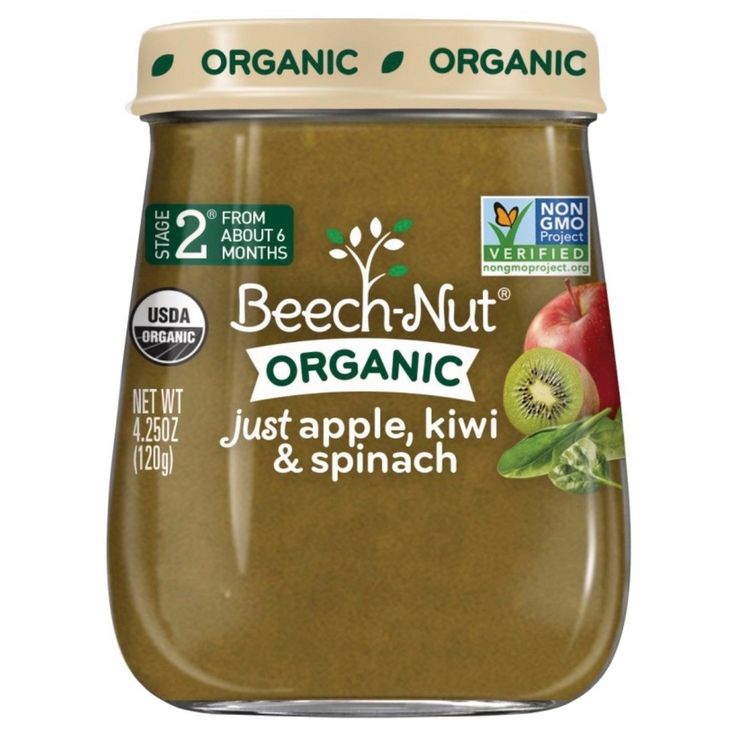 And, if this is how they respond, it’s a sign that you need to practice playing with these foods a lot! The more they touch and interact with the food, the closer they’ll be to eating it.
And, if this is how they respond, it’s a sign that you need to practice playing with these foods a lot! The more they touch and interact with the food, the closer they’ll be to eating it.
4. When baby has the food on their hand and they’re at least tolerating it, show them how to take their hand to their mouth, so they can taste it. You may need to demonstrate if baby won’t let you guide their hand.
Repeat this several times. After they eat from their hands several times, offer them some solid foods from a spoon.
5. You can also give them a large whole raw carrot or celery stalk at meals. I mean the whole darn thing. The point isn’t for them eat it (and if they can get pieces of it off, take it away), but for them to put it into their mouth.
When they do this, it helps desensitize their gag reflex and they get to practice biting, chewing, and moving their tongue around. It’s amazingly powerful and can make a big impact in a baby accepting solid foods.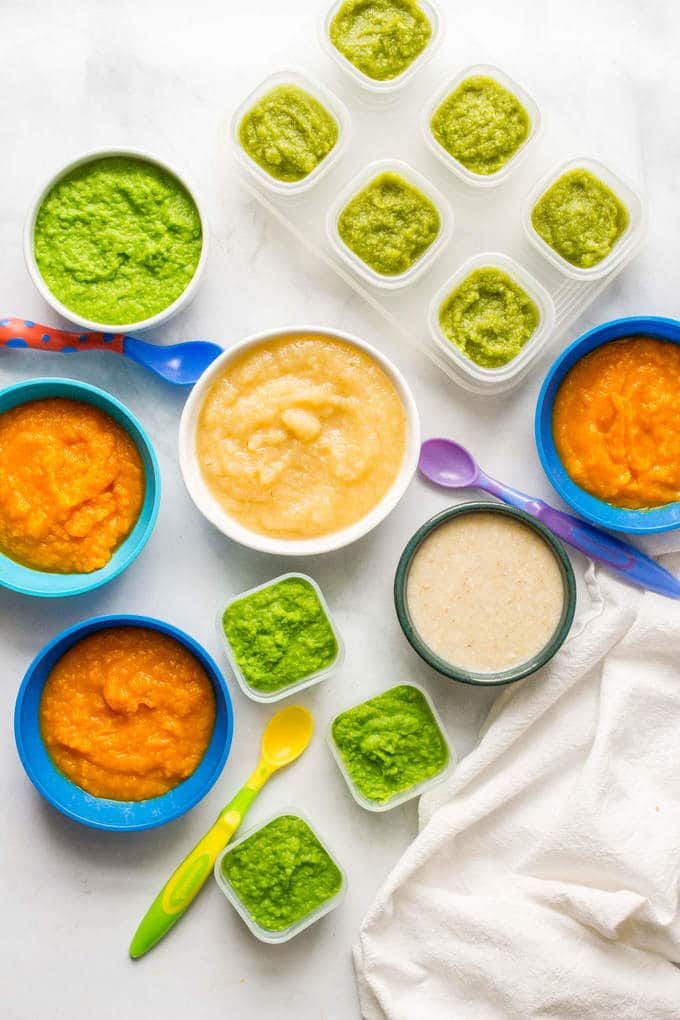 Make sure you demonstrate and keep offering at every meal.
Make sure you demonstrate and keep offering at every meal.
6. Be consistent and patient. I can’t stress this enough, even though it’s often easier said than done! Have regular meals and follow the above steps 1-3 times a day for every meal. You can find sample schedules for babies ages 6 – 7 months, 8 – 10 months, and 11 -14 months if you’d like a guideline to follow.
7. Focus on meals being positive experiences for the baby, even if they aren’t eating anything. As parents, we can bring a lot of stress with us to meals, which can be hard to hide. But, this is definitely a “fake it til you make it” kind of situation.
Take a deep breath, put on a happy face, and work on the above steps. Going into the meal with no expectations of them eating anything will also help keep your frustration level down.
To learn MORE, grab a seat in my free online workshop.
In it, you’ll learn 5 big feeding mistakes that are stopping your baby or toddler from learning to eat table foods! It’s an eye opener and will help you take steps to give them the best start with eating table foods well (even if it already isn’t going well):
Strategies to Use Outside of Meals for Baby’s Refusing Solids
There are a few really powerful strategies you can use away from the highchair that will directly impact your baby eating solids during meals.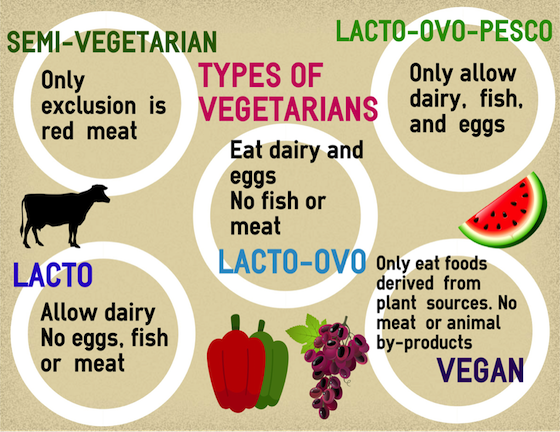 Might seem strange, but if you suspect your baby is refusing because of sensory or coordination difficulties, doing these activities can be total game changers:
Might seem strange, but if you suspect your baby is refusing because of sensory or coordination difficulties, doing these activities can be total game changers:
-
- Brush their teeth – If you haven’t started yet, brush their teeth, and when you do, make sure you’re getting all over their gums and the sides, as well as the top of their tongue.
It only takes a few seconds, but it helps to both desensitize their mouth and improve coordination because the tongue gets practice moving in different directions. If your baby doesn’t like it, take it slow, and try often.
The more often you brush, the bigger the effect. Try for one to three times a day, and consider a vibrating toothbrush (yes, even for babies) for more powerful input in their mouth.
-
- Play in sensory bins – That may be a new term to you or you might be wondering what the heck that has to do with eating, but playing in different textures is super powerful and helps the sensory system understand different textures better.

- Play in sensory bins – That may be a new term to you or you might be wondering what the heck that has to do with eating, but playing in different textures is super powerful and helps the sensory system understand different textures better.
This correlates directly to eating. I can’t tell you how many times I’ve seen a kiddo that plays in sensory bins frequently, suddenly start eating more foods (my son included). Head to Sensory Bin Ideas to learn how to set one up.
-
- Chew on toys – So many babies that won’t eat solids never put toys or teethers in their mouth, which is really easy to overlook. If this is your baby, pull out a bunch of different teethers and have them around the house.
Demonstrate. Dip them in food or juice. Play with them in the bath. The more often they get teethers and toys into their mouths, the more it will help improve the coordination their mouth muscles need to eat and desensitize their gag reflex and sensory system.
I really love this teether because it gets in the back of the mouth and this one vibrates (all my friends get it from me at their baby shower).
Help for the Baby Not Eating Food
I’m not just talking about solid baby food or purees. You may have a baby that won’t eat any type of food, like puffs, cut up fruit, or toast. They’re getting older and older. You’re getting worried.
You may have a baby that won’t eat any type of food, like puffs, cut up fruit, or toast. They’re getting older and older. You’re getting worried.
Following the above steps will be incredibly important for your babies too, especially the strategies for outside of a meal. But, you’ll also want to use the steps I outline in getting your baby to eat table foods.
That’s a whole different animal all within itself, and there are some targeting tips that can make all the difference in your baby eating food.
You’ll want to focus on small pieces, and by 9 months of life be attempting table or finger foods.
While I don’t want you to worry, I know it’s tempting to keep waiting it out, and unfortunately, some doctors advise this quite often. This often does not help your baby to learn to eat wide variety of foods.
Babies instinctively learn to chew between roughly 8 and 11 months of age, when they move past that, it can be much harder for them to accept foods. It’s not impossible, and the same steps apply for older children, but it’s much better to be proactive then taking a “wait and see” approach.
It’s not impossible, and the same steps apply for older children, but it’s much better to be proactive then taking a “wait and see” approach.
Puffs, lil cheese curls, and baby mum mum’s are all great for baby’s first foods.
When to Get More Help for a Baby Not Eating Solids
If your baby doesn’t like solid baby food and won’t accept any table foods of finger foods by 9 months old, it’s a good idea to get an evaluation either from the free early intervention program in your state or from a feeding therapist.
You can also read more about typical feeding milestones for babies just to have a reference point. As I said earlier, all babies develop at a different pace and needing a little more help is very common.
Get My Free Printable: Learn to Eat Table Foods Cheat Sheet
There seem to be more questions than answers when you’re under the daily stress of your baby or toddler not eating table foods. Not to mention all of the well-intentioned bad advice that’s often given.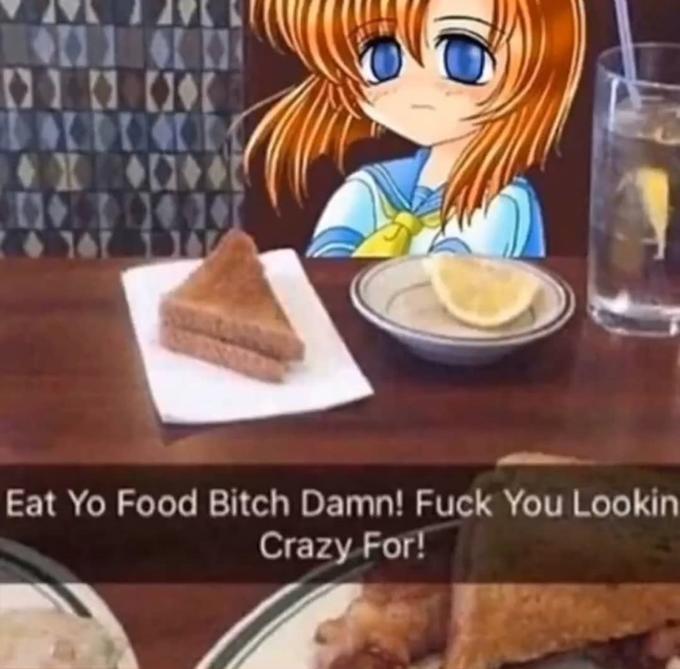 Let’s clear that up.
Let’s clear that up.
I’ve created a free 5 page guide that clearly lists the steps to teach your baby or toddler to eat table or finger foods, plus a FAQ guide for parents to ease their worries when their babies won’t eat!
Get your free Learn to Eat Table Food Cheat Sheet printable here!
More on My Baby Won’t Eat Solids
How to Teach Your Baby to Self-Feed
Mega List of Table Food Ideas
How to Teach Your Baby to Drink from a Straw
The Best Mealtime Utensils and Tools for Babies
Click here to Pin This! (You’ll have as a quick reference)
Alisha Grogan is a licensed occupational therapist and founder of Your Kid’s Table. She has over 17 years experience with expertise in sensory processing and feeding development in babies, toddlers, and children. Alisha also has 3 boys of her own at home. Learn more about her here.
Child 2.9, and he only eats from cans
Child 2.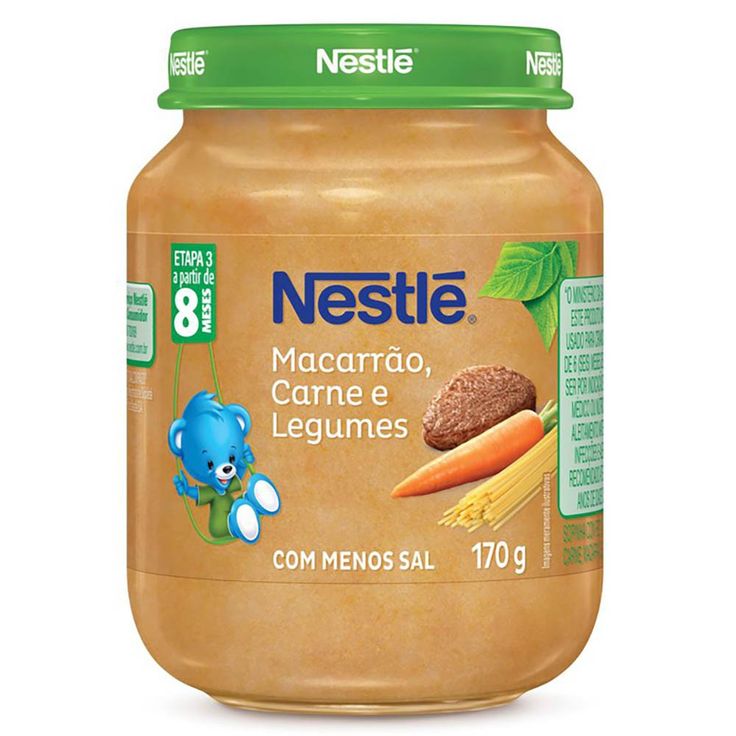 9, but he eats ...
9, but he eats ...
#1
#2
#3
#5
#6
#7
Guest
Take it off in small cubes Aza Vegetables, cut the fruit into cubes and put it on the table next to it, let it play, touch it with your hands, sniff it, finger food is called
And do not poison the child from cans. nine0063 I would have eaten from cans myself for three years, then I would have understood why! #9
Not an author There is nothing wrong with them. But dirtying the dishes because of 50 grams of puree is stupid, and what vegetables bought in the store were grown on is unclear
#10
#11
Guest
Well, maybe up to a year and a half it is advisable to transfer to ordinary food, otherwise you will not learn to chew on time. and the inability to chew leads to speech therapy problems, which in turn lead to school failure and complexes.
at 2 years old 50 grams is not enough. January 26, 2019, 18:08 nine0003
#13
Guest
Because you need to prepare your child from the first feeding herself - puree, cereals, and soups.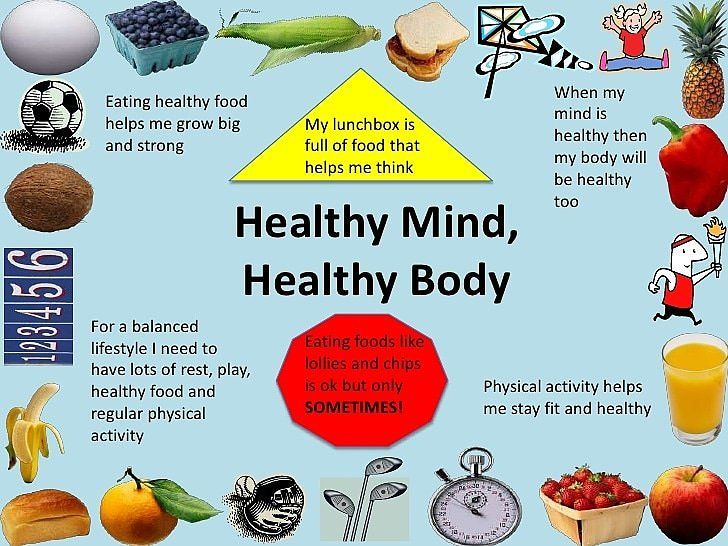 And do not poison the child from cans.
And do not poison the child from cans.
I would have eaten from cans for three years, then I would have understood why!
#14
#15
#16
Guest
003
don't play with food!!!
#17
#18
New topics for new topics for new topics for new topics for new topics for month: 797 topics
-
Fourth pregnancy, decision.
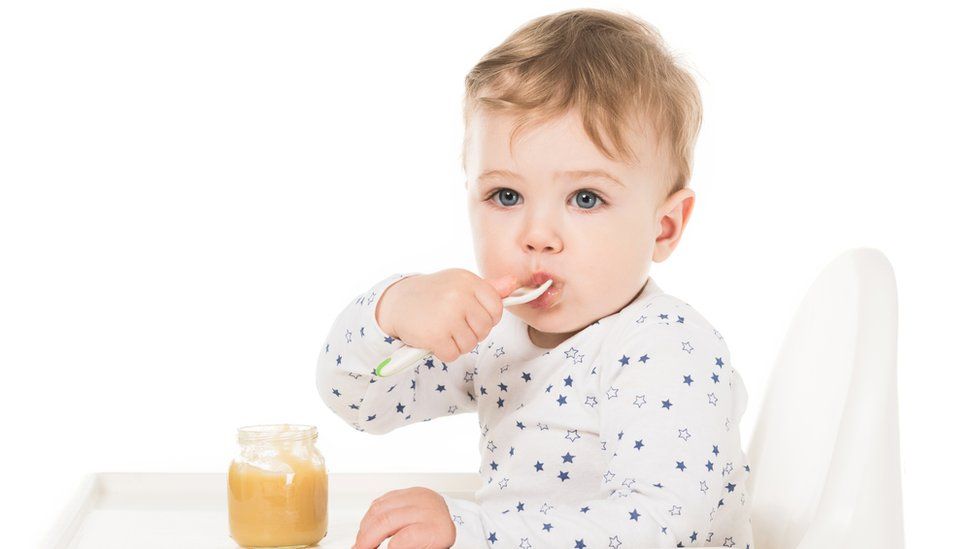 ..
.. 13 replies
-
Neighbor threw her daughter's tiktok into the chat
90 replies0003 -
I want a whole bunch of kids. When is the best time to start?
20 answers
-
2 in 1 stroller - worth it? Film of choice
4 answers
Popular topics for the month: 15 555 themes
-
I regret that I gave birth to
71 answer
-
children are children?
47 answers
-
If a guy wants a daughter
36 answers
-
Children on the plane
35 answers
-
What are the benefits of having children?
20 answers
-
I want a whole bunch of kids.
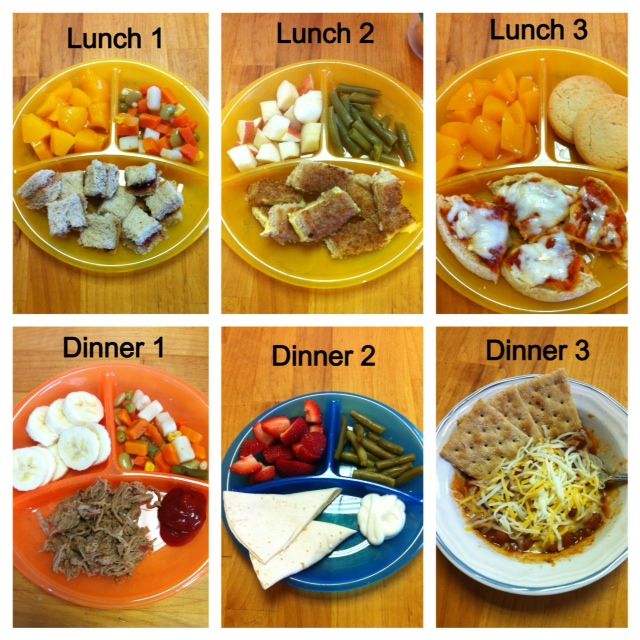 When is the best time to start?
When is the best time to start? 20 answers
-
Children of the weather is a nightmare?
19 answers
-
Child, is it difficult with him?
18 responses
-
Fourth pregnancy, decision ...
13 answers
-
The neighbor threw a daughter in the Tiktok chat
11 answers
The following subject
?
6 answers
0003
Child year and five, do not eat food in pieces
#1
#2
#3
#4
#5
#6
#7
#8
#9,0003
#10 #10 #10 #10 #10 #11 #15 #16 #17 #18 #18 #18 #19 I would still advise introducing lump food. Maxim Sorokin Practicing psychologist 970 answers Nidelko Lyubov Petrovna Practicing psychologist 243 answers Maria Burlakova Psychologist 306 answers Vladimir Titarenko Fitness nutritionist 86 answers International Institute Psychology, psychotherapy,. 3 answers Kainova Ekaterina Family psychologist 5 answers Maria Parkhomenko Nutritionist, consultant on... 3 answers Elena Gerba family psychologist 76 answers Maria Sinyapkina Psychologist-Sexologist 89 answers Kremenetskaya Maria Speech therapist - defectologist 25 answers #23 #24 Lisa Children still cannot worry everything - in a year old, or one and a half some, and the ventricle suffers, it is very tender for them, so it is better to press with a fork. #25 #26 Inaccurate stories 1 130 answers 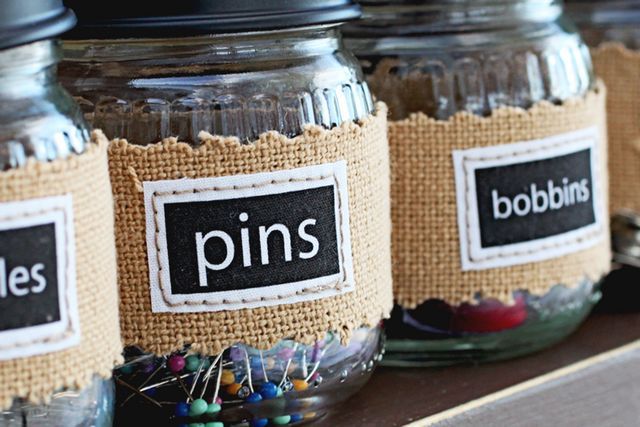 First, to untie your hands. How much trouble with these puree blenders in each feeding. And the second is for the gums and teeth of the child. Need to give them a load, need to chew
First, to untie your hands. How much trouble with these puree blenders in each feeding. And the second is for the gums and teeth of the child. Need to give them a load, need to chew
 ..
.. 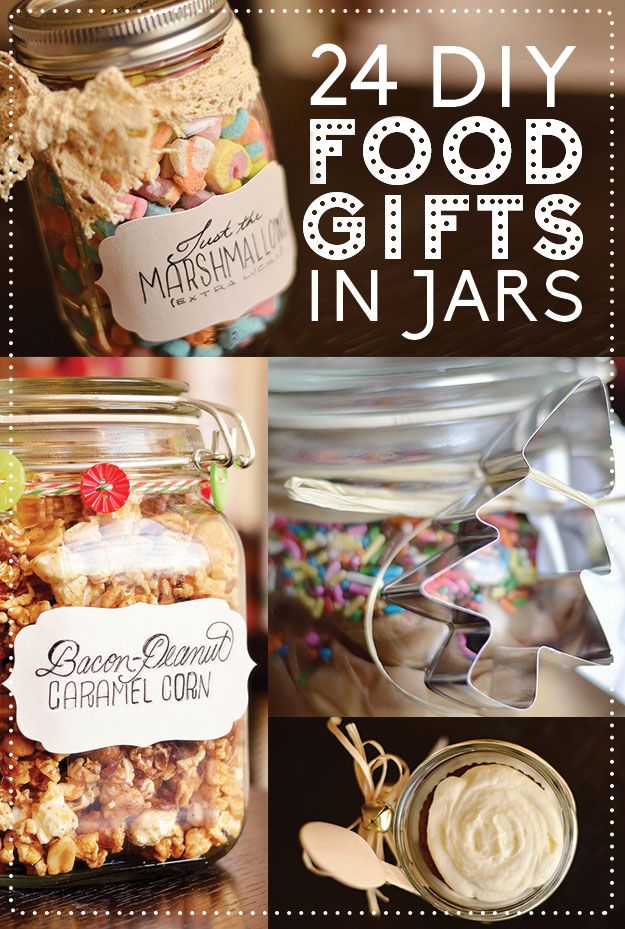 And gradually learn to chew pieces, where have you seen adults who can't chew :)
And gradually learn to chew pieces, where have you seen adults who can't chew :)
I am infuriated with her children and grandchildren ...
The man immediately warned that all the property was registered to the children
870 answers
0002 580 answers
Lies 22 years long. How to destroy?
876 answers
Husband left, 2 months of depression... How will you cope if you are left all alone?
186 answers
#27
#28
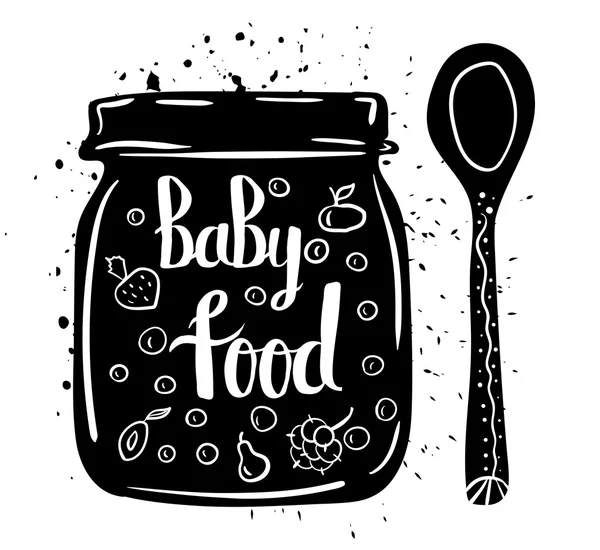 m. #29
m. #29
#30
Guest
What's the comparison? The child's teeth and intestines should work. And you are doing a disservice with your blenders. They wanted the best, but it turned out as always ... Here I am - my wife and "mother-in-law" brought the child. One puree and porridge through a blender. Here we are 2.5 years old. Then there will be 30 ... And with such advice and your blenders, the child will have problems with teeth, with intestines ... And it's all very uncomfortable. Not to visit, not to go anywhere. Only with a blender in a suitcase. Yes, and on walks it is a shame when the conversation turns to nutrition. Children at 8 months already eat normal food, and we have all blenders ... Do not repeat such mistakes. nine0003
#31
#32
#34
#35
#36
New themes
-
Child eating poorly and not gaining weight
4 answers
-
Power feeding and blood pressure in the baby
4 answers
-
Heater for children's food
DACHE 9000 9000 9000 9000 9000 9000 9000 9000 9000 9000 9000 9000 9000 9000 9000 9000 9000 9000 9000 9000 9000 9000 9000 9000 9000 9000 9000 9000 9000 9000 9000 9000 9000 9000 9000 9000 9000 9000 9000 9000 9000 9000 9000 9000 9000 9000 9000 9000 9000 9000 9000 9000 9000 9000 9000 9000 9000 9000 9000 9000 9000 9000 9000 9000
-
First complementary foods
No responses
#37
4 29March 2010, 07:30
#38
#39
#40
#41
irisha
It's good when a child eats at least something.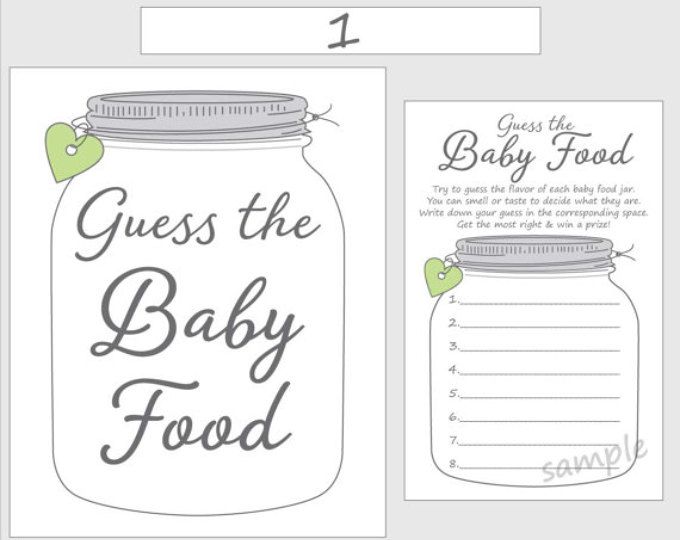 We are a year and a month old, and we generally refuse to eat from a spoon, either ready-made mashed potatoes, or which we ourselves make. She categorically refuses to put anything other than a nipple in her mouth. He only plays with food, but not in his mouth. They didn’t try anything, no food interests her, neither bread, nor cookies - she just plays with it, but doesn’t eat. Everyone advised not to force that interest would come later, but now I regret that I didn’t force this process. I just had to force myself to eat. Recently she fell ill and had to be given medicine. After two days of wild screams while taking the medicine, she, miraculously, began to open her mouth herself at the sight of a spoonful of medicine. Now I’m also trying with food, and the process has begun, I give the first two spoons as a medicine, and then she opens her mouth herself. It was necessary not to wait for interest, but to try before. So every child is different and needs a different approach. nine0003
We are a year and a month old, and we generally refuse to eat from a spoon, either ready-made mashed potatoes, or which we ourselves make. She categorically refuses to put anything other than a nipple in her mouth. He only plays with food, but not in his mouth. They didn’t try anything, no food interests her, neither bread, nor cookies - she just plays with it, but doesn’t eat. Everyone advised not to force that interest would come later, but now I regret that I didn’t force this process. I just had to force myself to eat. Recently she fell ill and had to be given medicine. After two days of wild screams while taking the medicine, she, miraculously, began to open her mouth herself at the sight of a spoonful of medicine. Now I’m also trying with food, and the process has begun, I give the first two spoons as a medicine, and then she opens her mouth herself. It was necessary not to wait for interest, but to try before. So every child is different and needs a different approach. nine0003
#42
#43
#44
#45
Beetle
Puree? Blender? Mine is 10 months old and I try not to give him pure puree.